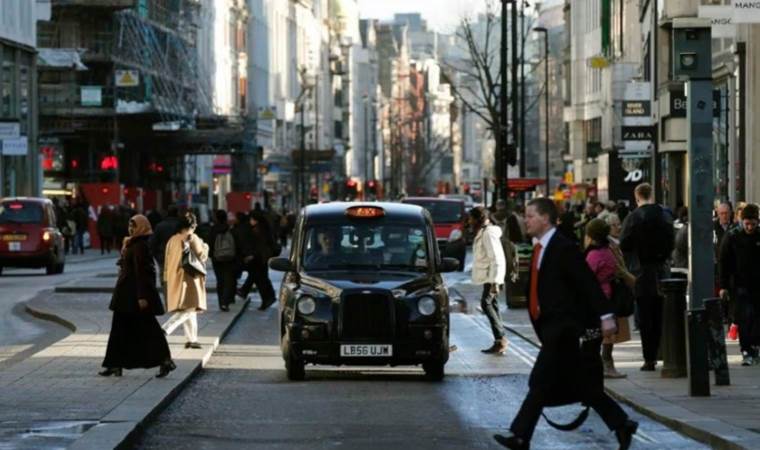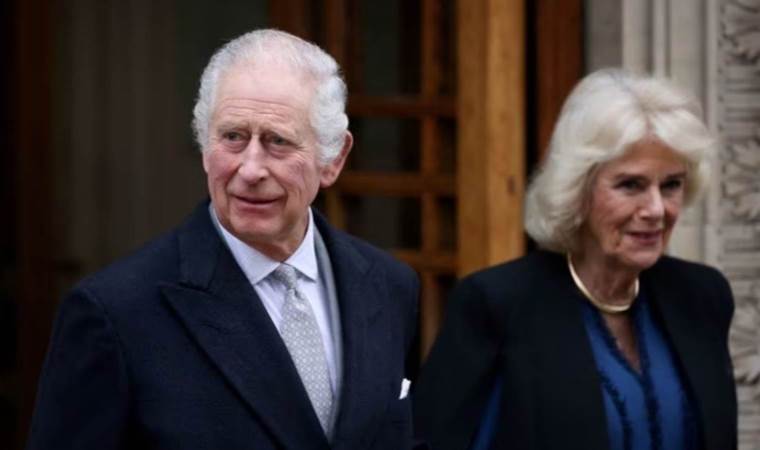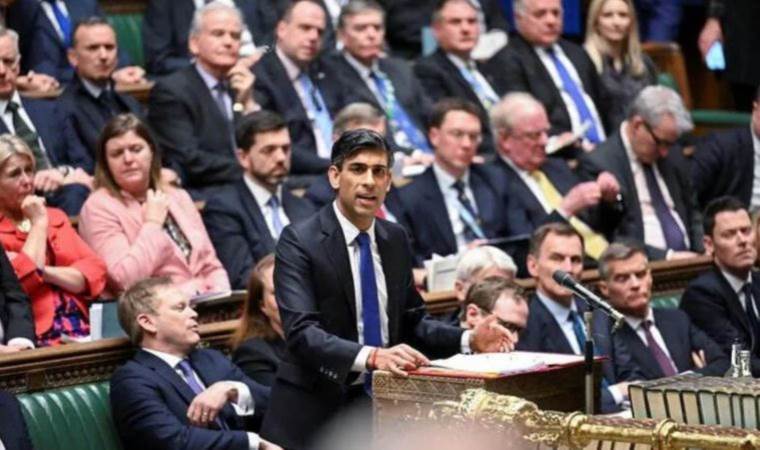UK recession challenges Sunak ahead of election
The British economy entered a recession in the latter half of 2023, posing significant challenges for Prime Minister Rishi Sunak, who has pledged to stimulate growth ahead of the anticipated election later this year.

The gross domestic product (GDP) declined by an unexpected 0.3% in the final quarter, following a 0.1% decrease from July to September, according to official figures. This downturn exceeded economists' predictions of a 0.1% drop for the October-to-December quarter, as per a Reuters survey.
The pound weakened against the dollar and euro, prompting investors to increase their bets on the Bank of England (BoE) lowering interest rates within the year. Meanwhile, businesses have urged the government for more support in the upcoming budget announcement on March 6. "The difficulty businesses face is clear, and this downturn undoubtedly signals a warning for the government," stated Alex Veitch, the British Chambers of Commerce's director of policy and insight.
Finance Minister Jeremy Hunt sees "signs that the British economy is on the upturn" and emphasizes the importance of adhering to the current strategy, which includes tax reductions for work and businesses to foster a robust economy. Reports suggest Hunt is considering significant cuts to public spending in his budget to allow for tax reductions before the election, despite financial constraints.
The Office for National Statistics (ONS) reported a marginal 0.1% economic growth for 2023 compared to 2022. The BoE anticipates a slight improvement in 2024, with an expected growth rate of 0.25%. Despite nearly two years of stagnation, recessions have become less frequent in Britain as its economy has grown larger and more mature.
The COVID-19 pandemic led to an unprecedented economic contraction in early 2020, and before that, the global financial crisis caused a severe recession from the second quarter of 2008 to the second quarter of 2009.
Inflation remained unexpectedly stable at 4.0% in January, sparking discussions among investors about a potential BoE rate cut by June. However, strong wage growth reported the previous Tuesday has kept the BoE cautious. The fourth quarter's GDP decline was the most significant since the early 2021 COVID-19 restrictions.
December saw a 0.1% decrease in economic output after a 0.2% increase in November, with the manufacturing, construction, and wholesale sectors contributing most to the last quarter's GDP decline. GDP per capita fell every quarter in 2023, marking the longest such downturn since records began in 1955.



